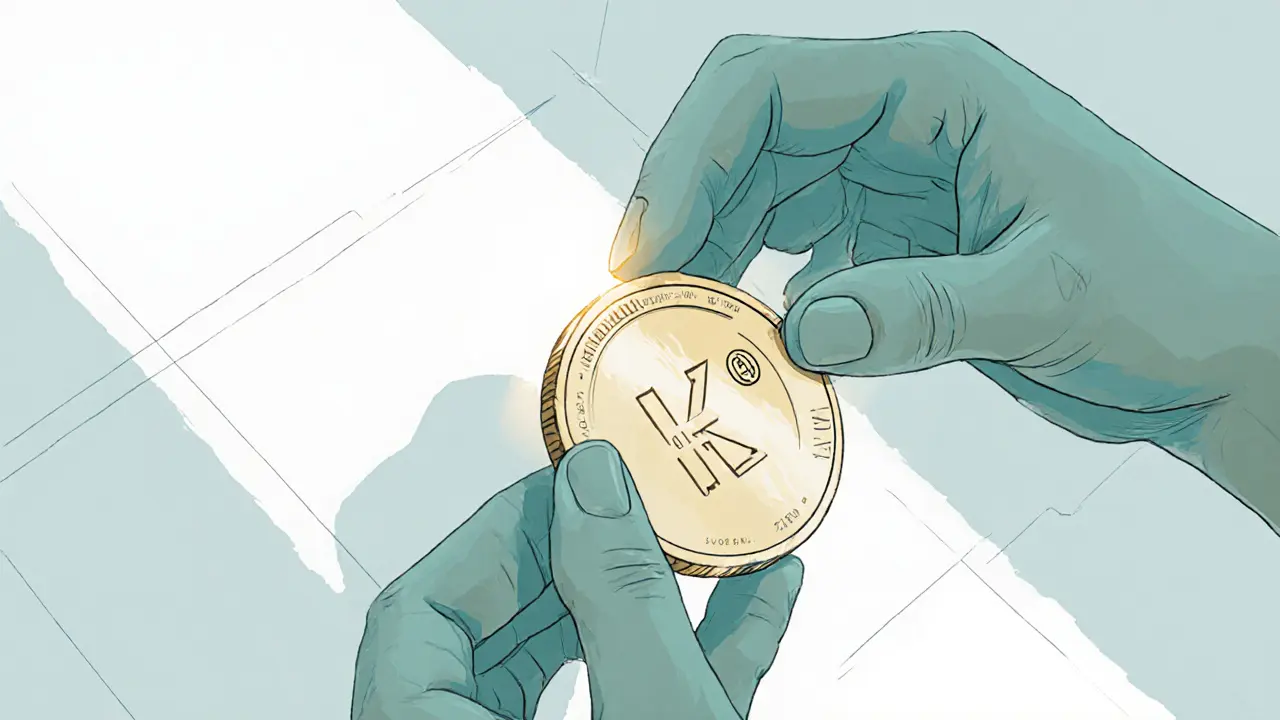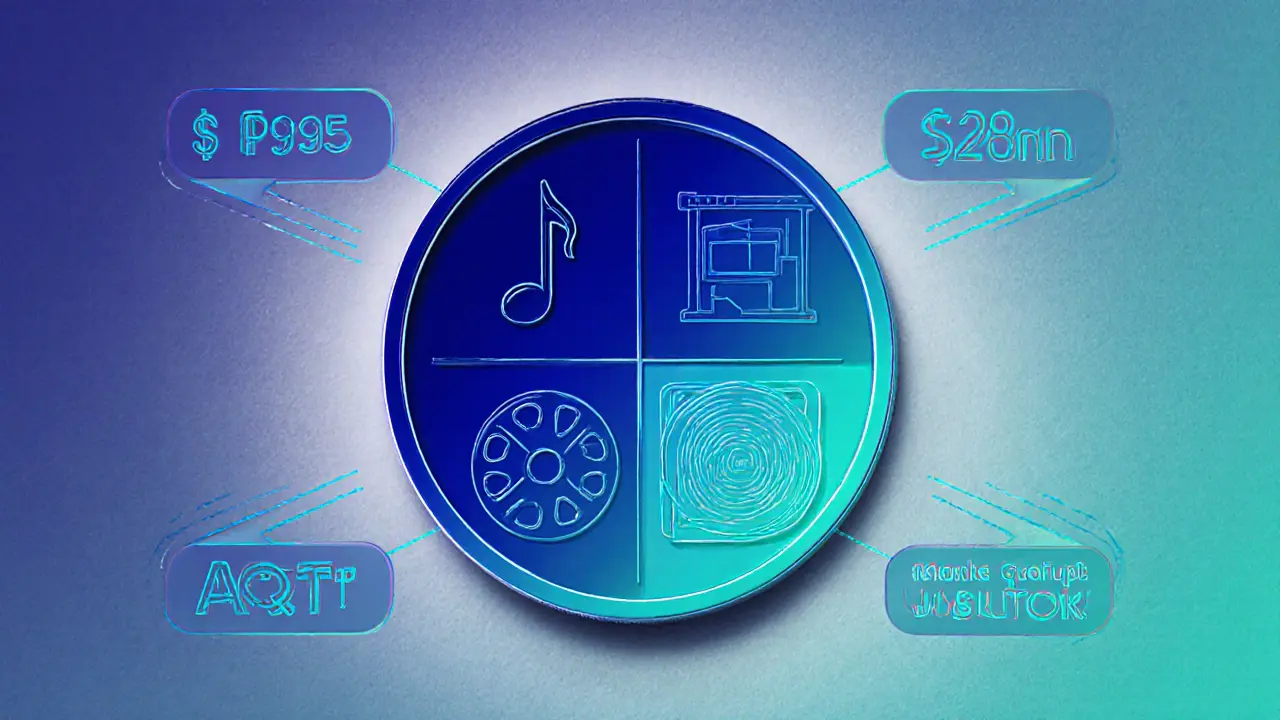Crypto Hub – Guides, News, and Tools
When you hear the word crypto, a digital asset that uses cryptography to secure transactions and control new units. Also known as cryptocurrency, it rides on blockchain, a decentralized ledger that records every move in an immutable way. Together they reshape finance, gaming, and even social media. If you’re looking for a quick win, keep an eye on airdrop, a free token distribution method that can boost user adoption and spark short‑term price moves. And when you’re ready to trade, you’ll need a reliable exchange, a platform that matches buyers and sellers while handling deposits, withdrawals, and security checks.
Why Crypto Matters Now
Crypto encompasses a wide range of concepts, from tokenomics and staking to DeFi lending and NFTs. It requires a basic grasp of security practices—like using hardware wallets and two‑factor authentication—to protect assets from hacks. At the same time, blockchain underpins every transaction, ensuring transparency and preventing double‑spending. Airdrops influence market dynamics by introducing new participants and creating buzz, while exchanges act as the gateway for converting fiat into digital tokens and vice‑versa. Understanding how these pieces fit together helps you make smarter moves, whether you’re dodging scams or spotting the next high‑growth token.
One of the biggest advantages of crypto is its open‑access nature. Anyone with an internet connection can join, but that also means you’ll run into a lot of noise. Our guides cut through the clutter by focusing on practical steps: how to set up a secure wallet, what to look for in an exchange fee structure, and how to evaluate an airdrop’s credibility before you claim. We also break down token fundamentals—like supply models, burn mechanisms, and staking rewards—so you can assess whether a coin’s price action is driven by real utility or just hype.
For investors, dollar‑cost averaging (DCA) remains a proven strategy to smooth out volatility. By automatically buying a fixed amount of a chosen crypto each week, you sidestep the stress of timing the market. Our collection includes a step‑by‑step DCA guide, plus tips on automating purchases through exchange APIs. Meanwhile, advanced traders can explore how residential proxies help bots stay under the radar, or how blockchain sharding improves transaction throughput for high‑volume networks like Ethereum and Polkadot.
Regulation is another moving target. Countries like Portugal offer favorable tax treatment, while places like Morocco impose strict bans yet see underground usage thrive. We keep you updated on the latest tax rules, compliance requirements, and how governments are experimenting with central bank digital currencies (CBDCs). Knowing the legal landscape helps you avoid costly mistakes and find jurisdictions where crypto activities are supported.
All of this content is curated to give you a well‑rounded view of the crypto ecosystem. Below you’ll find deep dives on specific coins such as Verasity (VRA) and Hive (HIVE), exchange reviews like Uzyth, and actionable how‑tos on topics from token burns to VPN usage in restricted regions. Whether you’re a beginner wanting to understand the basics or an experienced trader looking for niche insights, the articles ahead are designed to equip you with the knowledge you need to navigate the fast‑moving world of crypto.

Azit (AZIT) Crypto Coin Explained: Basics, Tech, and Market Outlook
Discover what Azit (AZIT) crypto coin is, how its real‑estate loyalty system works, the Klaytn tech behind it, current market data and risks, plus a guide to buying and using the token.

Alpha Quark Token (AQT) Explained: Crypto for IP Tokenization
Alpha Quark Token (AQT) is an Ethereum-based utility crypto that tokenizes intellectual property, enabling NFT trading, staking, and metaverse experiences.
